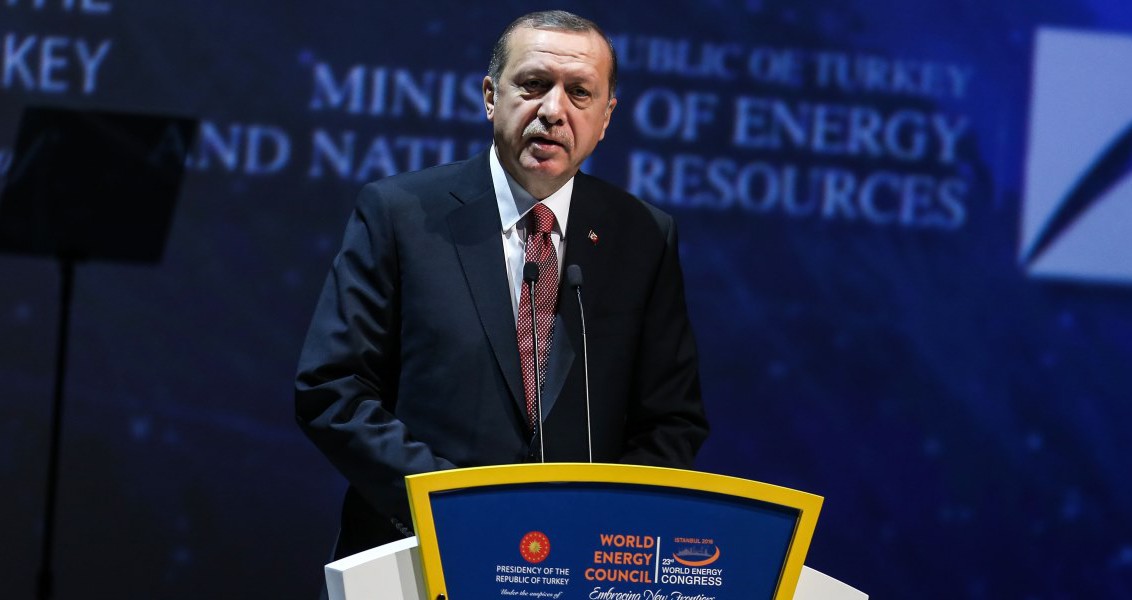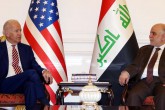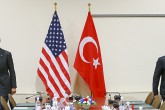One of the most important problems that we are faced with today in the global arena is the domination of a “consumption economy” far from “investment” and “production,” influencing all of society. Although “consumption society” analyses go back to the 1970s, the idea of “cultural erosion” created by these periods of consumption lie in the center of these analyses. However, in the environment that was created in the aftermath of the 2008 crisis, the domination of a “consumption economy” began to show itself as a situation having to do with “distribution relations.” In the global order dominated by a consumption economy, no development in economic growth or social welfare was recorded. Central banks constantly funding the market did not create a positive influence either. While developed Western countries embarked on a period of stagnation, non-Western societies were left to face more poverty and greater wealth inequalities. The income inequalities between the rich and the poor grew and grew. Both absolute and relative poverty increased. The political instabilities that were experienced also deepened the global economic crisis.
Unfortunately, there is no effort on the global level to come up with solutions for either the global economic crisis or the political instabilities occurring today. We are face-to-face with a callous indifference. Attempting to get over crises through palliative measures simply makes us miss opportunities. Today, there is a situation where the concept of capitalist modernization is faced with a systematic crisis. There is a total collapse in raising human capacity, the protection and effective usage of natural resources, the establishment of cultural diversity, benefiting from humanity’s historical accumulation in a fair manner, and in assuring inter-societal interaction.
Right after the end of the Cold War, a type of “American optimism” was instilled/pumped into the global arena. Much was said about the rise of global civil society, of the free circulation of humans, goods, and ideas, of the speedy success of sustainable development policies, of the oppressive policies of nation-states being removed and actually shrinking, that environmentalist policies would speed up, and that the process of disarmament had been opened up and that it would quickly reach success.
Unfortunately, the world was unable to carry this “American optimism” for very long. Paradoxically, what ended this optimism was actually the U.S.’s one-sided world policy. From this day on, political crises have become one with economic crises. Alongside political and economic crises, we have to admit that societal crises have begun to show themselves on the global arena as well. Racism and cultural essentialism are the most important dynamics feeding into these societal crises. And the Western world has no way of escaping this crisis.
These are crises that complete each other; their solutions are connected to each other as well. For the solution of these crises, there is need for a holistic and fair approach. We can no longer move forward with the classic Western modernization paradigm, nor with the paradigm of globalization. Today’s global reality can no longer bear the double standards spread throughout Western economies, politics, and societies.
For this exact reason Turkey has been engaged in a great effort to carry the concepts of “inclusionary development” and “the world is greater than five” to the global agenda with exactly this justification. It emphasizes this on all global platforms. It did this at the G-20 meeting, at the NATO Summit, and lastly at the World Energy Congress that took place in Istanbul.
Held under the auspices of the Presidency and hosted by Energy Minister Berat Albayrak, the main actors of the global energy market came together at the Congress to discuss and debate the global developments in the energy sector, the problems that are faced, and the steps that need to be taken in the sector of sustainable energy. Over 10,000 participants from myriad states, international organizations, media, university and energy industry unions participated in the Congress.
In the opening remarks of the Congress, President Recep Tayyip Erdoğan once again succinctly criticized global inequalities and mentioned the lack of access to energy in different parts of the world and how this lack brings with it serious crises. Emphasizing that of the 1.1 billion people in the world who do not have access to electricity, where 60 percent are in sub-Saharan Africa, Erdoğan expressed that these injustices create major humanitarian crises and security problems.
One of the factors that made the four-day Congress important was that one full day was devoted to energy problems in Africa. I hope the decisions taken in the Congress and the partnerships achieved will become hopes for the geographies, Africa foremost among them, that were pushed outside of modern history and seen only as sources to be exploited.
[Daily Sabah, October 14, 2016]



